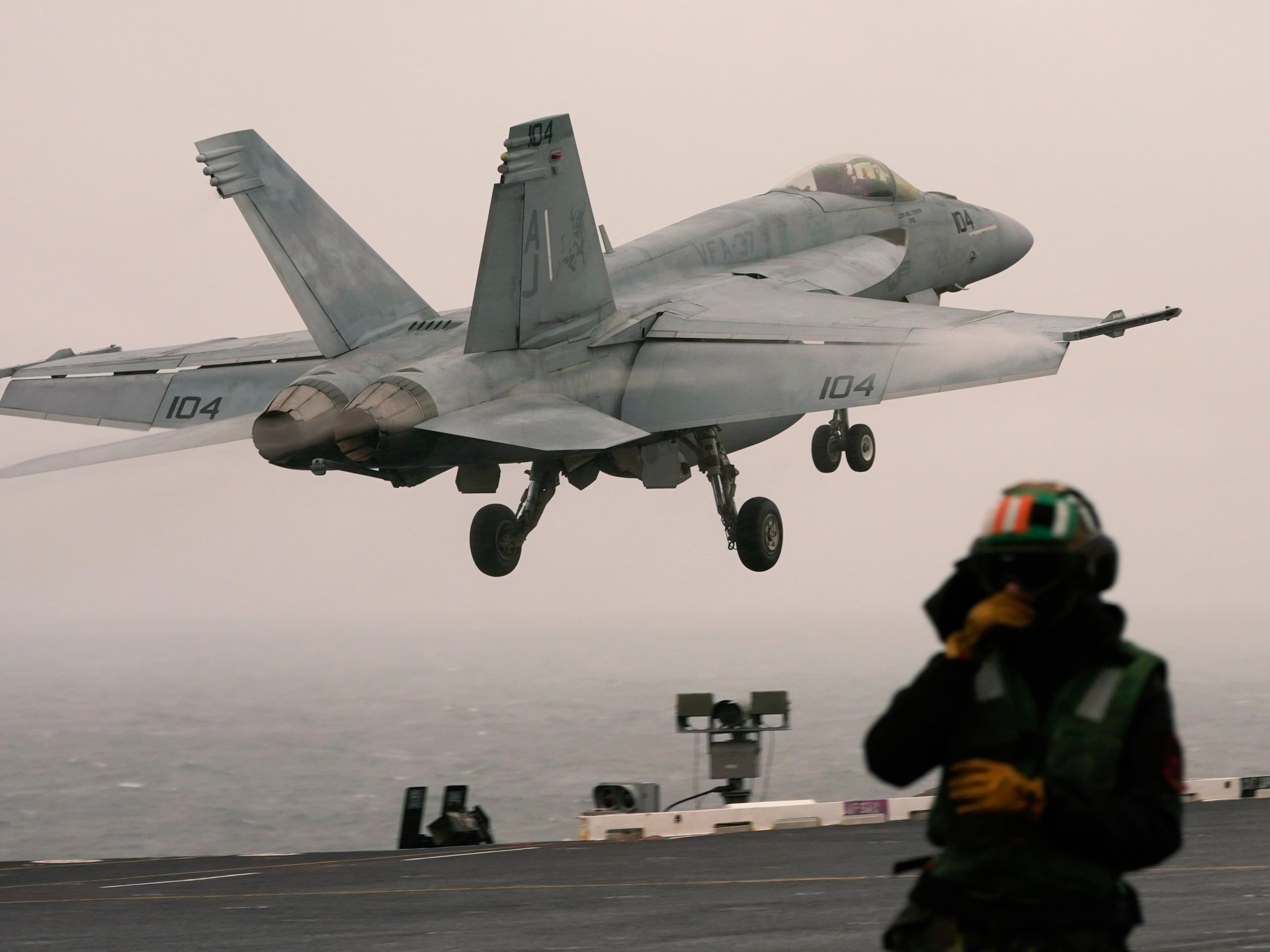
Senate Republicans block measure requiring Trump to seek approval for Venezuela strikes
The U.S. Senate voted 51-49 on Thursday to block a resolution that would have required President Trump to obtain congressional approval for military action against Venezuela.
November 7, 2025 - 01:42 AM ET • 3 min read
The United States Senate on Thursday blocked a Democratic-led resolution aimed at forcing President Donald Trump to seek explicit congressional authorization before launching military attacks against Venezuela.
The measure, a War Powers Resolution, was rejected by a 51-to-49 vote, largely along party lines, allowing the president to continue expanding his military campaign against the South American nation without legislative oversight.
The resolution was intended to reinforce the constitutional limits of presidential power regarding military action and ensure that Congress had a voice before any offensive strikes were carried out on Venezuelan territory.
"We should not be going to war without a vote of Congress," Democratic Senator Tim Kaine said during floor debate.
Only two Republicans, Senators Rand Paul of Kentucky and Lisa Murkowski of Alaska, crossed the aisle to support the resolution. Their support was insufficient to secure passage, despite the resolution having been narrowed in scope in an attempt to attract broader bipartisan backing. Other Republicans who had previously expressed reservations about the administration's military actions, including Senators Susan Collins and Thom Tillis, ultimately voted against the measure.
The vote comes amid escalating military tensions and a significant U.S. military buildup off the coast of South America. The Trump administration has deployed advanced military assets, including the United States's most advanced aircraft carrier, to the Caribbean region.
In recent weeks, the U.S. has carried out a series of military strikes targeting vessels in international waters off the coasts of Venezuela and Colombia, which the administration claims are involved in drug trafficking. These operations have reportedly killed at least 65 people.
The administration has framed the campaign as an effort to combat drug cartels, though officials have also acknowledged the goal of destabilizing the government of Venezuelan President Nicolás Maduro. Senior aides have reportedly advised President Trump on the possibility of military action aimed at ousting Mr. Maduro from power.
Democrats and a small number of Republicans have grown increasingly concerned about the expanding military campaign, which has been carried out without consultation with or authorization by Congress. Lawmakers have pressed the administration for more information regarding the legal basis for the strikes.
This was the second recent attempt by Democrats to check the president's authority regarding Venezuela; a similar effort aimed at stopping strikes against alleged drug trafficking boats failed last month by a 48-51 margin.
While White House officials informed the legislature the day before the vote that Washington currently had no plans to attack Venezuela, the sequence of naval operations and the increased American military presence in the region have heightened congressional alarm over the potential for unauthorized escalation.